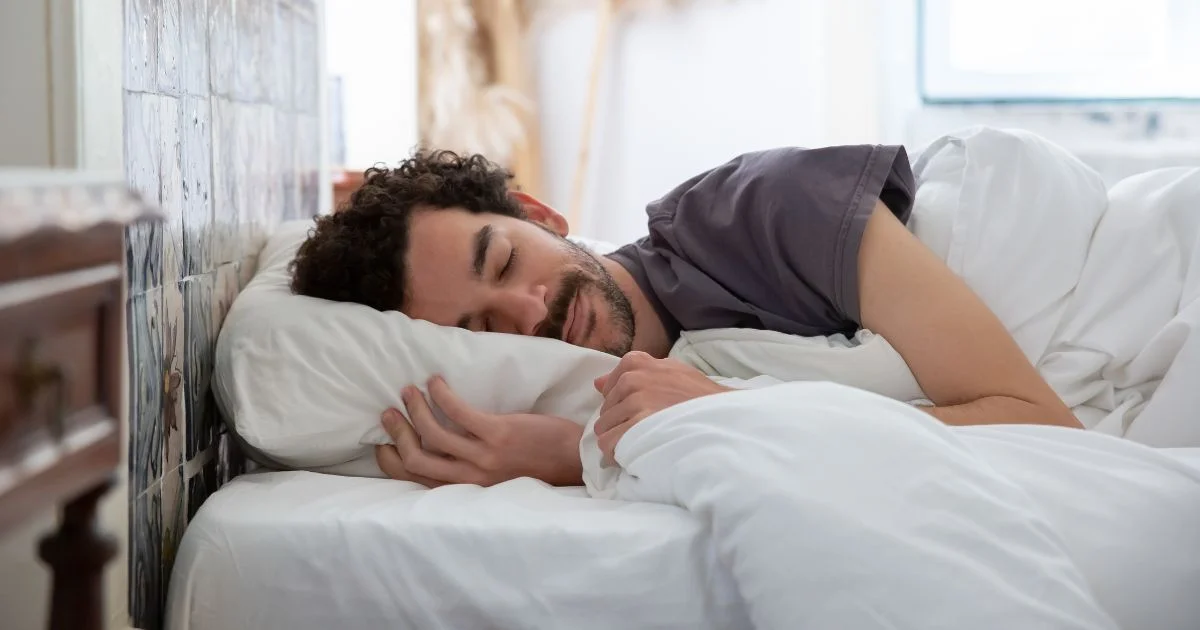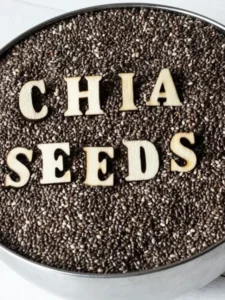20 Foods to Avoid for Better Sleep: A Guide to Improve Your Sleep Quality
Getting a good night’s sleep is essential for overall health and well-being. However, certain foods can disrupt our sleep patterns and leave us tossing and turning throughout the night. there are several food items that can disrupt your sleep quality. Understanding these foods and making conscious choices can greatly contribute to improved sleep and overall well-being. Let’s explore 20 foods to avoid for better sleep. In this Article we will explore the 20 foods to avoid for better sleep. By eliminating these foods from your diet, you can improve the quality of your sleep and wake up feeling refreshed and energized.
20 Foods to Avoid for Better Sleep
1. Caffeinated Beverages:
Caffeine is a stimulant that can interfere with your sleep. Avoid consuming coffee, tea, energy drinks, and soda in the late afternoon and evening. Opt for decaffeinated alternatives instead.
2. Spicy Foods:
Spicy foods may taste delicious, but they can cause heartburn and indigestion, leading to discomfort and difficulty falling asleep. Avoid consuming spicy foods, especially close to bedtime.
You may also like:Discover 10 Super foods for better sleep
3. Alcohol:
While alcohol may make you feel drowsy initially, it can disrupt your sleep cycle and lead to frequent awakenings throughout the night. Limit your alcohol intake, especially in the hours leading up to bedtime.
4. High-Fat Foods:
Consuming high-fat foods before bed can lead to indigestion and discomfort, making it harder to fall asleep. Opt for lighter, healthier options in the evening to promote better sleep.
5. Sugary Treats:
Indulging in sugary treats before bed can cause a sudden spike in blood sugar levels, followed by a crash. This can lead to restlessness and difficulty staying asleep. Choose healthier snacks to satisfy your sweet tooth.
6. Greasy Fast Food:
Fast food is often loaded with unhealthy fats and additives that can disrupt your sleep. Avoid indulging in greasy fast food meals late at night, as they can lead to digestive discomfort and sleep disturbances.
7. Dark Chocolate:
While dark chocolate is often praised for its health benefits, it contains a moderate amount of caffeine. Avoid consuming dark chocolate close to bedtime to prevent sleep disturbances.
8. Carbonated Drinks:
Carbonated drinks can cause bloating and discomfort, making it challenging to fall asleep comfortably. Opt for hydrating beverages like water or herbal tea instead.
9. High-Protein Foods:
Protein-rich foods take longer to digest, which can cause discomfort and disrupt your sleep. Avoid consuming large amounts of protein before bed and opt for lighter options instead.
10. Heavy, Spicy Meals:
Eating heavy, spicy meals close to bedtime can lead to acid reflux and heartburn, making it difficult to fall asleep peacefully. Enjoy your meals earlier in the evening to allow for proper digestion.
11. High-Sodium Foods:
Foods high in sodium, such as processed snacks, canned soups, and fast food, can lead to dehydration. Dehydration can cause discomfort and frequent waking during the night. Opt for lower-sodium alternatives and stay hydrated throughout the day.
12. Red Meat:
Red meat, particularly when consumed in large portions or close to bedtime, requires more time and energy to digest. This can lead to disrupted sleep and discomfort. Choose lean protein sources like poultry or fish for evening meals.
13. Citrus Fruits:
While citrus fruits offer numerous health benefits, they can cause acid reflux and heartburn, especially when consumed in excess or close to bedtime. If you enjoy citrus fruits, have them earlier in the day to prevent sleep disruptions.
14. Tomatoes:
Tomatoes are highly acidic and can trigger heartburn in some individuals. The discomfort from acid reflux can interfere with your ability to fall asleep and stay asleep. Avoid tomato-based sauces, especially in the evening.
15. High-Sugar Cereals:
Many breakfast cereals marketed as healthy options are loaded with sugar. Consuming high-sugar cereals before bed can cause blood sugar spikes and crashes, leading to restless sleep. Opt for low-sugar alternatives or whole grains instead.
16. Energy Bars:
While energy bars are often touted as quick and nutritious snacks, some varieties contain hidden sources of caffeine or other stimulants. Read labels carefully and choose bars without stimulants to avoid sleep disruptions.
17. Fried Foods:
Fried foods, such as french fries, fried chicken, and deep-fried snacks, are heavy and high in fat. They take longer to digest and can cause discomfort and indigestion, making it difficult to fall asleep peacefully.
18. Processed Meats:
Processed meats like sausages, bacon, and deli meats are often high in sodium, preservatives, and additives. These ingredients can disrupt sleep patterns and lead to poor sleep quality. Opt for leaner protein options instead.
19. Ice Cream:
Indulging in a bowl of ice cream before bed may sound tempting, but the high sugar content can lead to a sudden energy surge followed by a crash. This can disrupt your sleep and leave you feeling groggy in the morning.
20.Vinegar-based Dressings:
Vinegar-based dressings, like balsamic or apple cider vinegar, can trigger acid reflux in some individuals. It’s best to avoid these dressings if you’re prone to heartburn.
Conclusion
By being mindful of our dietary choices, we can significantly improve our sleep quality and wake up feeling well-rested. Avoiding the 20 foods to avoid for better sleep, such as caffeinated beverages, spicy foods, and heavy meals, can help promote a more peaceful and rejuvenating slumber. Remember, making small adjustments to your diet can lead to significant improvements in your sleep patterns and overall well-being
FAQs
Can a poor diet affect my sleep quality?
Yes, certain dietary choices can impact your sleep quality. Consuming foods that are high in caffeine, sugar, fat, or spice can disrupt your sleep patterns and make it harder to fall asleep and stay asleep.
How long should I wait after eating before going to bed?
It's generally recommended to wait at least two to three hours after eating a meal before going to bed. This allows your body to digest the food properly and reduces the risk of discomfort and sleep disturbances.
Are there any foods that promote better sleep?
Yes, several foods can promote better sleep. Some examples include warm milk, chamomile tea, almonds, bananas, and whole grains. These foods contain sleep-promoting nutrients like tryptophan and magnesium.
Are there any natural remedies to help me sleep better?
Yes, several natural remedies can help improve sleep quality. Some popular options include practicing relaxation techniques, establishing a consistent bedtime routine, creating a sleep-friendly environment, and avoiding electronic devices before bed.
How can I determine which foods disrupt my sleep?
Keeping a sleep and food diary can help you identify patterns and determine which foods may be negatively affecting your sleep. Note down what you eat and drink each day, as well as your sleep quality and any disturbances you experience.





